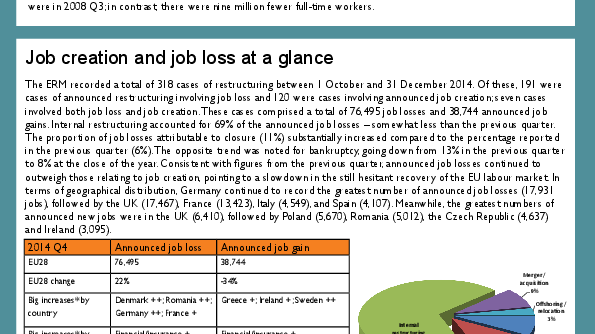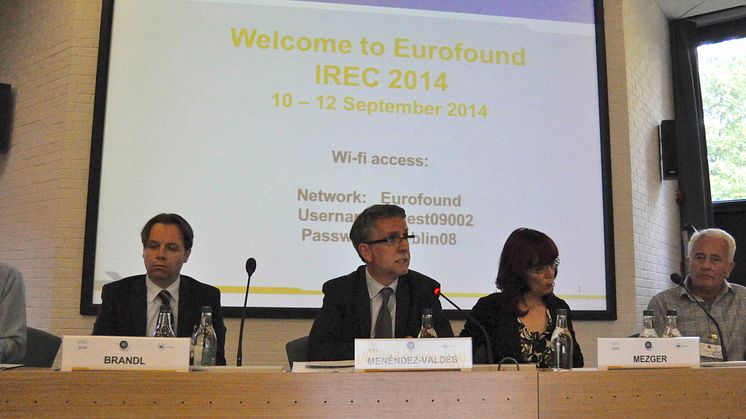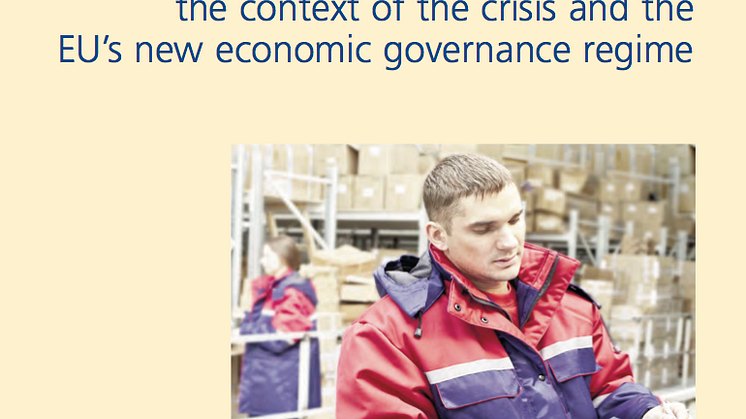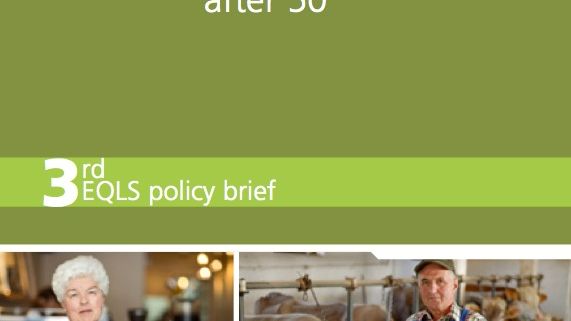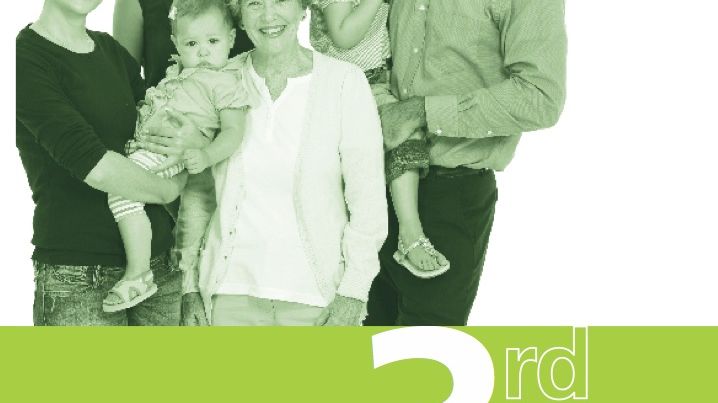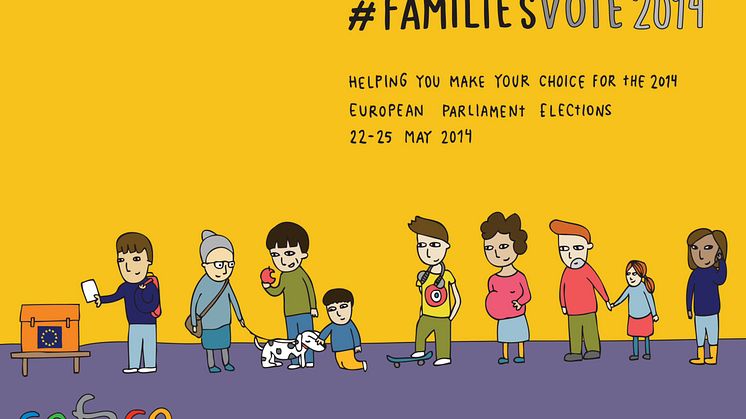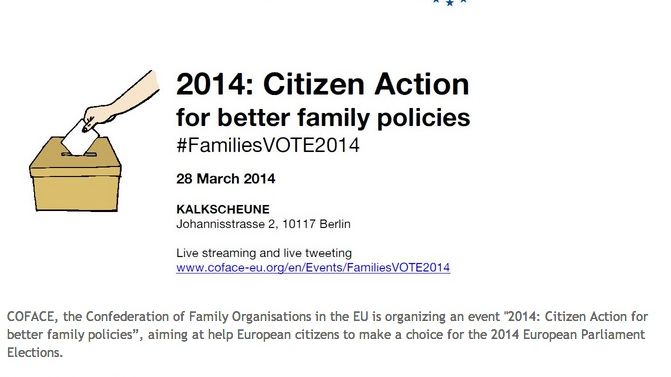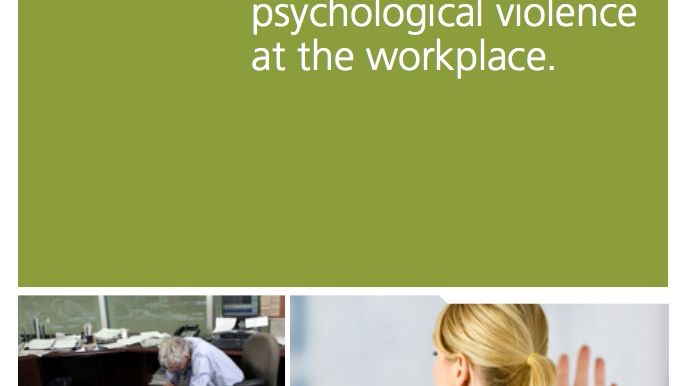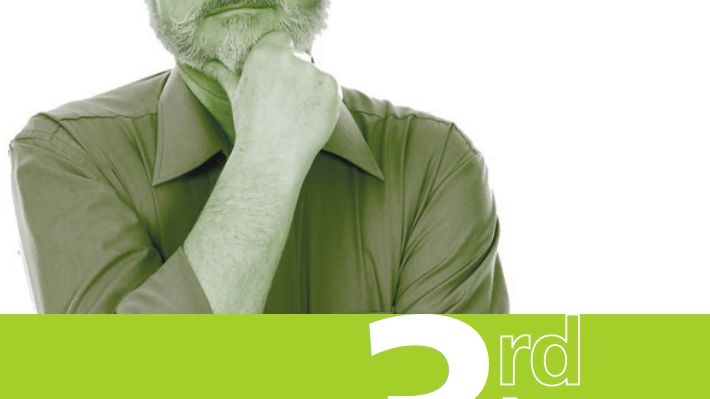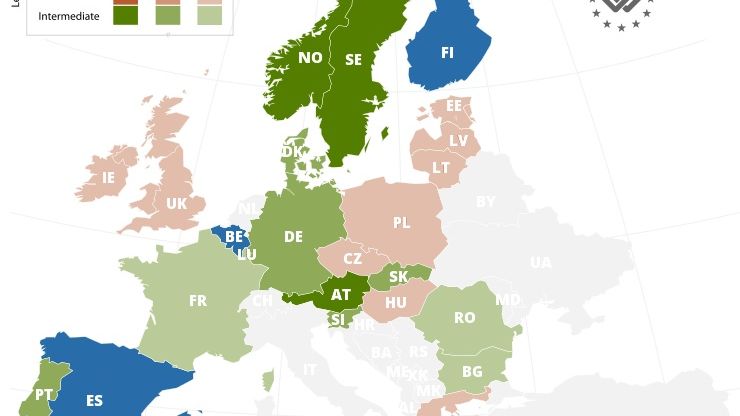EU sanctions against Russia impact on reported restructuring job losses in Europe
Dramatic recent oil price declines have seen deflation take hold in the EU, and general price levels in December 2014 were 0.2% lower than a year earlier. EU sanctions against Russia impact on reported restructuring job losses in Europe. This is further evidence of a tentative European economic recovery that appears to be running out of steam, the latest ERM Quarterly report.
